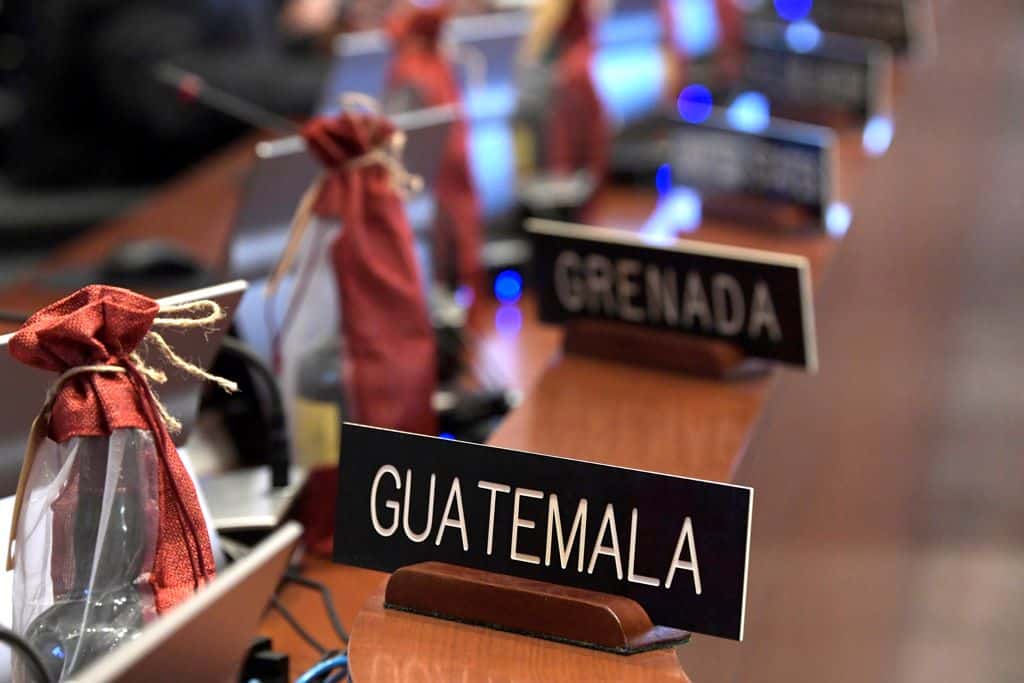
Those who are currently destabilizing Guatemala have no capacity to form a government. And they are well aware of it.
By Hector Schamis (Confidencial)
By Hector Schamis (Confidencial)
HAVANA TIMES – In the current debate regarding the deterioration of democracy and its detours and cracks, people often employ terms like “self-coup,” “legal coup,” “parliamentary authoritarianism,” “hyper- presidentialism,” or its opposite “hypo-presidentialism,” among other notions that attempt to comprehend and order this reality.
I want to suggest a metaphor today, to describe a new type of institutional rupture: the coup d’etat of impotency. That was the case of the coup perpetrated by Pedro Castillo in Peru in December 2022. On that December 7th, in a totally irrational manner that went counter to his own survival as a politician, Castillo ordered the dissolution of Congress and installed a State of Exception.
It lasted only a couple of hours, since his measure had no popular support, nor support from the armed forces, the information outlets, the courts or his own ministers. In fact, within minutes half his cabinet resigned; Congress left its doors open so the legislators could enter; the Judicial Branch denounced his action, and Castillo himself was arrested. It was a coup, but of impotency.
Peru mirrors current events in Guatemala, where for months the Attorney General’s Office has been carrying out a campaign to interfere with the electoral process, hinder the transitio


